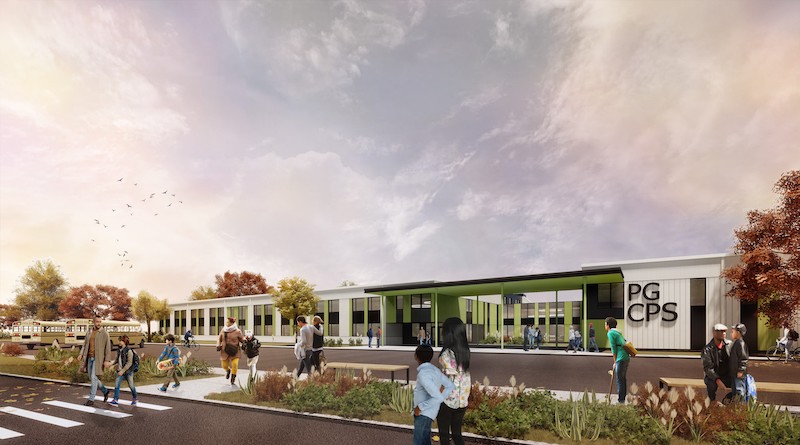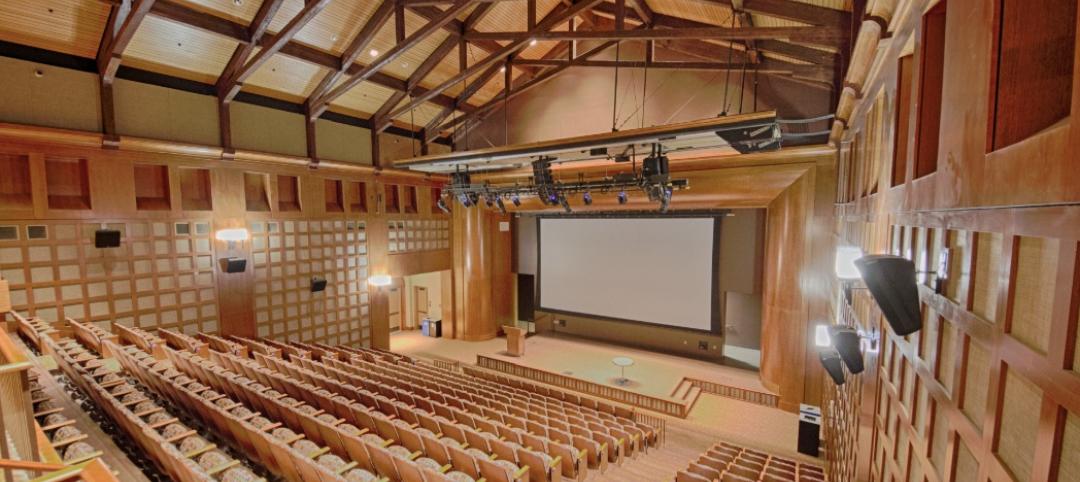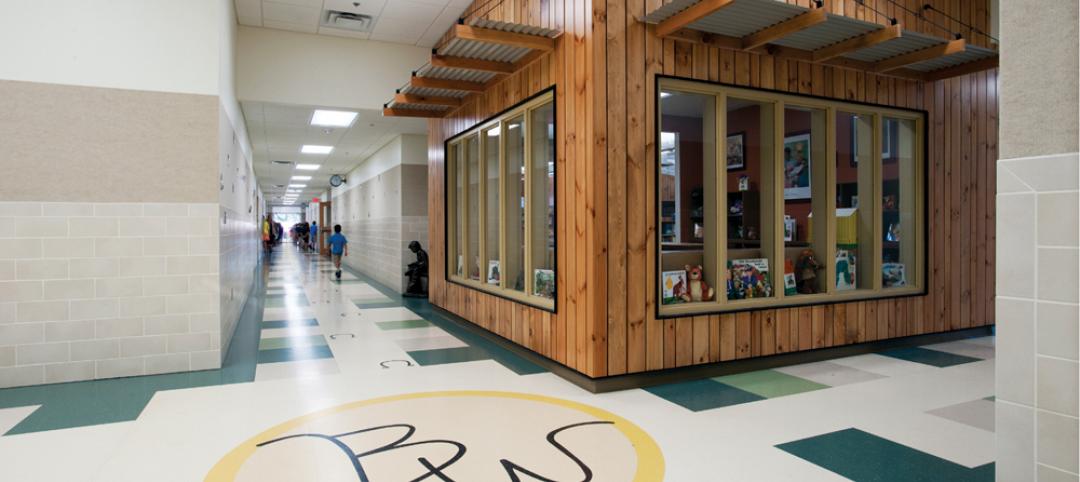Prince George’s County Public Schools is the second-largest school system in Maryland. It is also the second-oldest, with more than half of its 208 schools over 50 years old.
Like many school systems around the nation, Prince George’s faces rising enrollment with aging buildings and not enough seats. To address these shortfalls, the county has initiated an alternative construction financing program with some of the industry’s leading AEC firms, whose goal is to accelerate the time it takes to plan, finance, and build schools, and to reduce the cost of construction and maintenance.
COMMITMENT TO SMALL AND MINORITY BUSINESS PARTICIPATION
This consortium, known as Prince George’s County Education & Community Partners, this week broke ground on six K-8 and Middle schools whose completion is scheduled for the summer of 2023. The properties will be turned over to the consortium on July 1 to begin construction through a Public-Private partnership delivery approach. The consortium comprises Fengate Asset Management, an alternative investment manager focused on infrastructure, private equity, and real estate strategies; Gilbane Development Company (a financing member), Gilbane Building Company (the lead design-builder), Stantec (designer and AOR), and Honeywell (lead services provider).
Also see: Three AEC firms launch a mass timber product for quicker school construction
According to the Prince George’s County Public Schools “Blueprint Schools” website, Arel Architects, a certified county-based small business and minority business enterprise, is part of the design team and has a mentor protégé relationship with Stantec. Warren Builds Construction and Corenic Construction Group (also certified small and minority businesses) are on the construction team and have mentor protégé relationships with Gilbane. Three|E Consulting Group serves as the economic inclusion and compliance team.
The consortium is guaranteeing procurement of at least 30% of total eligible costs of the program to minority-owned businesses, community-based small businesses, and the creation of county-based jobs.
CUTTING THE PLAN-TO-BUILD TIME IN HALF
In Maryland, it typically takes seven years to plan and build a school. The consortium’s members believe the county’s alternative financing approach can cut that time in half, and save an aggregate of $174 million in deferred maintenance and construction costs for all six new schools, compared to a traditional construction procurement model.
The six schools under construction create 3,000 jobs and will result in upgraded facilities for more than 8,000 students and their families.
Prince George’s County claims to be the first public school system in the U.S. to leverage a full-scope alternative financing model to design, build, finance, and maintain a multi-school K-12 construction program.
“We have made tremendous strides in the area of long-range facility planning to advance from a capital program of primarily emergency repair projects toward a major modernization program with a plan to address each older facility in our inventory over the next 20 years,” says Dr. Monica Goldson, CEO of Prince George’s County Public Schools. “The Blueprint Schools initiative helps us accelerate delivery of new schools and modernizations for safe, sustainable, educational facilities to fully support 21st Century instruction for our students, staff, and community.”
Related Stories
| Jul 18, 2014
Engineering firms look to bolster growth through new services, technology [2014 Giants 300 Report]
Following solid revenue growth in 2013, the majority of U.S.-based engineering and engineering/architecture firms expect more of the same this year, according to BD+C’s 2014 Giants 300 report.
| Jul 18, 2014
Top Engineering/Architecture Firms [2014 Giants 300 Report]
Jacobs, AECOM, Parsons Brinckerhoff top Building Design+Construction's 2014 ranking of the largest engineering/architecture firms in the United States.
| Jul 18, 2014
Top Engineering Firms [2014 Giants 300 Report]
Fluor, Arup, Day & Zimmermann top Building Design+Construction's 2014 ranking of the largest engineering firms in the United States.
| Jul 18, 2014
Top Architecture Firms [2014 Giants 300 Report]
Gensler, Perkins+Will, NBBJ top Building Design+Construction's 2014 ranking of the largest architecture firms in the United States.
| Jul 18, 2014
2014 Giants 300 Report
Building Design+Construction magazine's annual ranking the nation's largest architecture, engineering, and construction firms in the U.S.
| Jul 16, 2014
User input on aquatics center keeps students in the swim [2014 Building Team Awards]
Collaborative spirit abounds in the expansion and renovation of a high school pool facility in suburban Chicago.
| Jul 7, 2014
7 emerging design trends in brick buildings
From wild architectural shapes to unique color blends and pattern arrangements, these projects demonstrate the design possibilities of brick.
| Jul 2, 2014
Emerging trends in commercial flooring
Rectangular tiles, digital graphic applications, the resurgence of terrazzo, and product transparency headline today’s commercial flooring trends.
| Jun 30, 2014
Research finds continued growth of design-build throughout United States
New research findings indicate that for the first time more than half of projects above $10 million are being completed through design-build project delivery.
| Jun 18, 2014
Arup uses 3D printing to fabricate one-of-a-kind structural steel components
The firm's research shows that 3D printing has the potential to reduce costs, cut waste, and slash the carbon footprint of the construction sector.

















